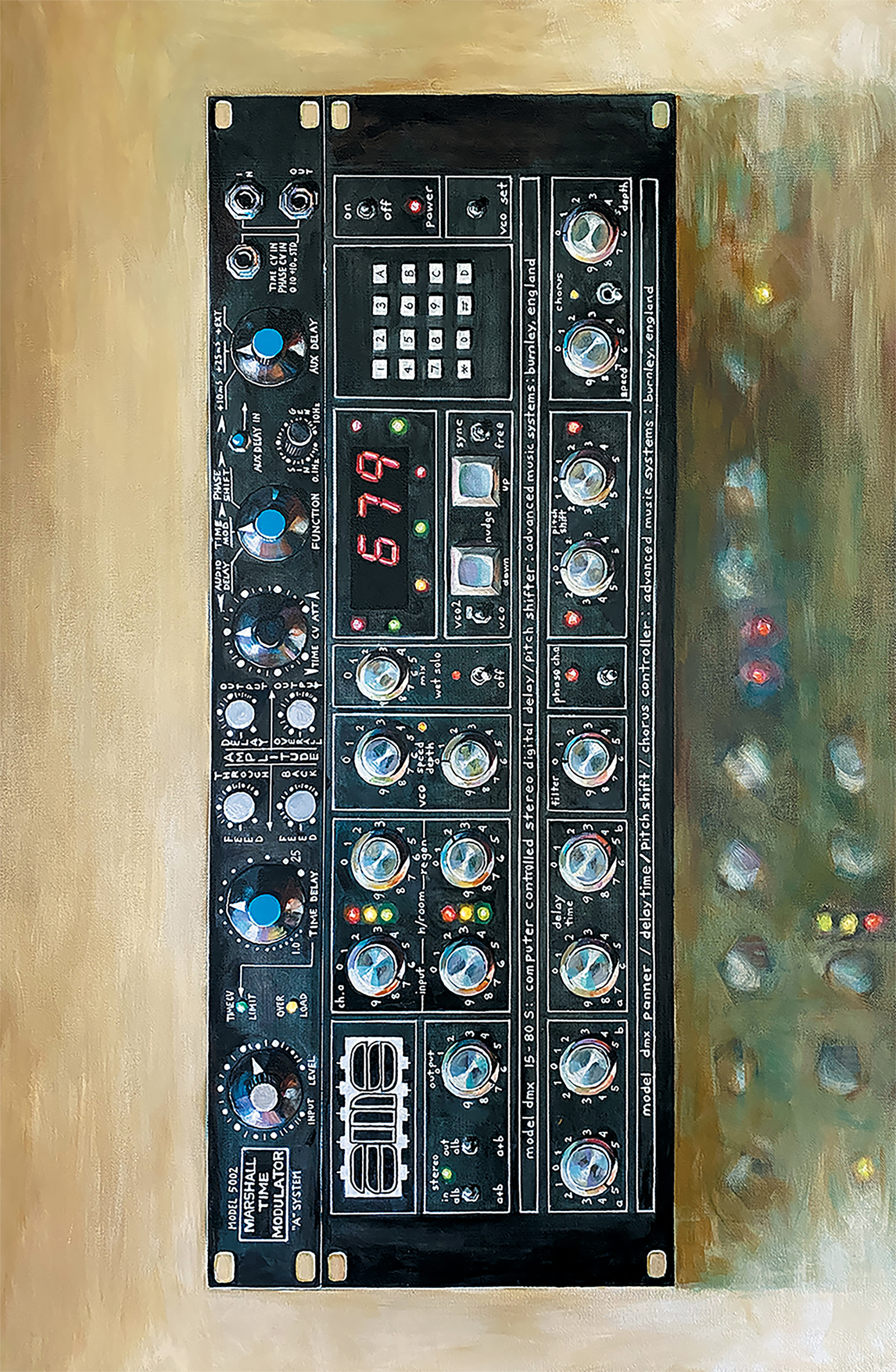
Somewhere along the line, when working on any recording project, there are points where the "real work" needs to be done. Real work, to me, is the time where intense listening skills are brought into play – bolstered by all of your knowledge and taste. This is when you embark on an untold amount of small and giant decisions that need to be made in order for the music to be its best, as well as for the recording, editing, overdubbing, mixing, mastering, and any other task to be performed at a high level. This is everything we do to help support the art to the fullest.
But I've noticed, for some people, it's far easier to set a hard parameter to hit rather than to make a judgement call that allows for looseness, art, and feelings. By "hard parameter" I mean quantifiable elements of a recording. Such as how we can absolutely say a note might be in tune, but we can't necessarily determine if a guitar amp tone is "correct." More examples?
-
1. Tuning vocals. The number of times I've had a client ask, "Is that right?" in regard to vocal pitch when it sounds okay to me is staggering. I'm not pitch deaf by any means, but when a vocal part sounds proper to me it is emotional, captivating, and interesting. A slight bit of glissando getting to a note, or a quaver at the end of a line, can be exciting and not always "wrong." Lazy, to me, is letting the tuning of vocals become paramount. It's far easier to use tools to determine pitch versus deciding if a part is loose but emotional. The latter requires commitment, quantifying the art within a genre, "feeling" the music, and standing behind your own thoughts and emotions. It's much more mental work and decision-making than saying, "I tuned it. It was flat. Let's move on."
-
2. Being that so much music depends on initial tracks or takes, recording drums also falls into the "lazy" category many times. Tracking drums with the idea that it'll be edited later instead of asking for better takes just feels incredibly sad to me. If this is your only option – i.e., the drummer is not the best – you may need to go this route. But for a drummer with even moderate skill, great takes can be had with careful coaching, clear arrangements, and positive discussions. I've run out to the studio floor on many occasions to ask questions of the drummer. "Why is that fill so long? Why is this part so busy? What exactly is the kick drum pattern in this section? Where do you hear the 'one'?" None of this is done to humiliate the drummer, and, when done well, it only leads to a much better take. But noticing all of this, doing the actual work of arranging parts, and making sure it fits the song in question all takes more mental energy.
-
3. One recording fallback I see far too much these days is leaning on vocal comping (without coaching). Comping is when we record a bunch of takes and edit together the best parts. I'm not saying to never do this, and I continue to do comping all the time when making records. But here's when it's a problem: Many times (once the singer's warmed up!) this process doesn't leave us with the best results. Why? Because many singers need more than simply a bunch of passes to get a great vocal. How many times have you heard a section of a song where the words are never clear, simply because there are too many syllables? It's time for the producer/engineer to suggest a slight rewrite, and not just say, "Do another pass." What about those pesky ends of lines where the singer trails off with several interval jumps? Do they need to do that, or is a straight note a better choice? If we don't ask them to sing it this way, we certainly won't have anything to comp from when/where it does happen.
-
4. What about using visual cues versus doing deep, real listening I've had people ask me to zoom in (and further in) while comparing drum hits and upright bass tracks where there are not even visible enough transients in order to "line up" tracks. You have to listen! You must decide if it sounds right, not if it "looks right." I also constantly get sent vocal tracks to mix where subtle voice cues and tops of words are cut off because they were edited while only looking at the waveform representation.
I could discuss all the various manifestations of laziness in recording scenarios for days. There are so many options (especially now) for choosing absolute grid enforcement for drums or tuning vocals to a "perfect" 440 Hz-based system, that one can "put off" having to use the real skills that are needed to make and capture great music. Once I learned to dive in deeper, make myself more part of the sessions, and really work in bringing more out of the artists around me, I also found that my job was more enjoyable, more rewarding, and the long days began to go by much faster. No longer was I simply capturing what was happening out on the floor, watching people (maybe unknowingly) trying to self-produce, wondering if it'd all come together in the end, and realizing it hadn't when the mixes were difficult. Now that I am actively involved, the results are obviously better. At the end of this process, while sitting at the console (or screen) and mixing a song, there's never been a moment where I've felt putting in this extra work hasn't paid off.
Are you being lazy? Are you substituting rote work for real work? It might be time to start thinking about making some changes. 

